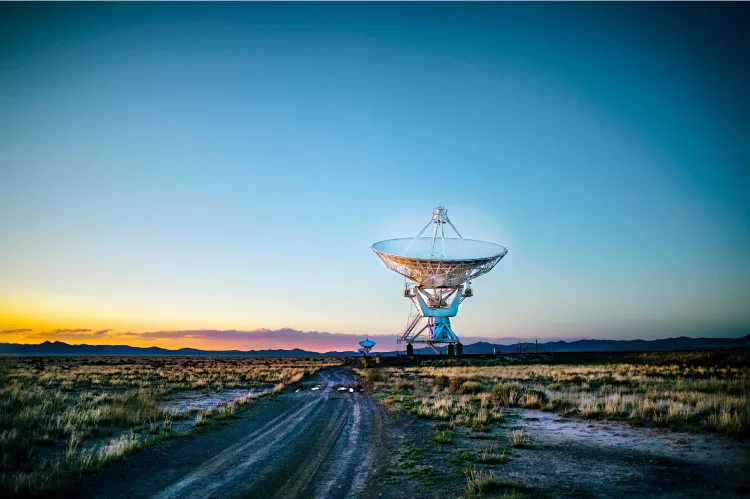Zen and the Art of Gambling part 1
Yes, sometimes we will fail and see a fault in our logic and know we made a strategic blunder. But other times we did everything right and just rolled a one on a six sided die. We cannot use results as a single measure of success in a field where uncertainty is a leading actor.






